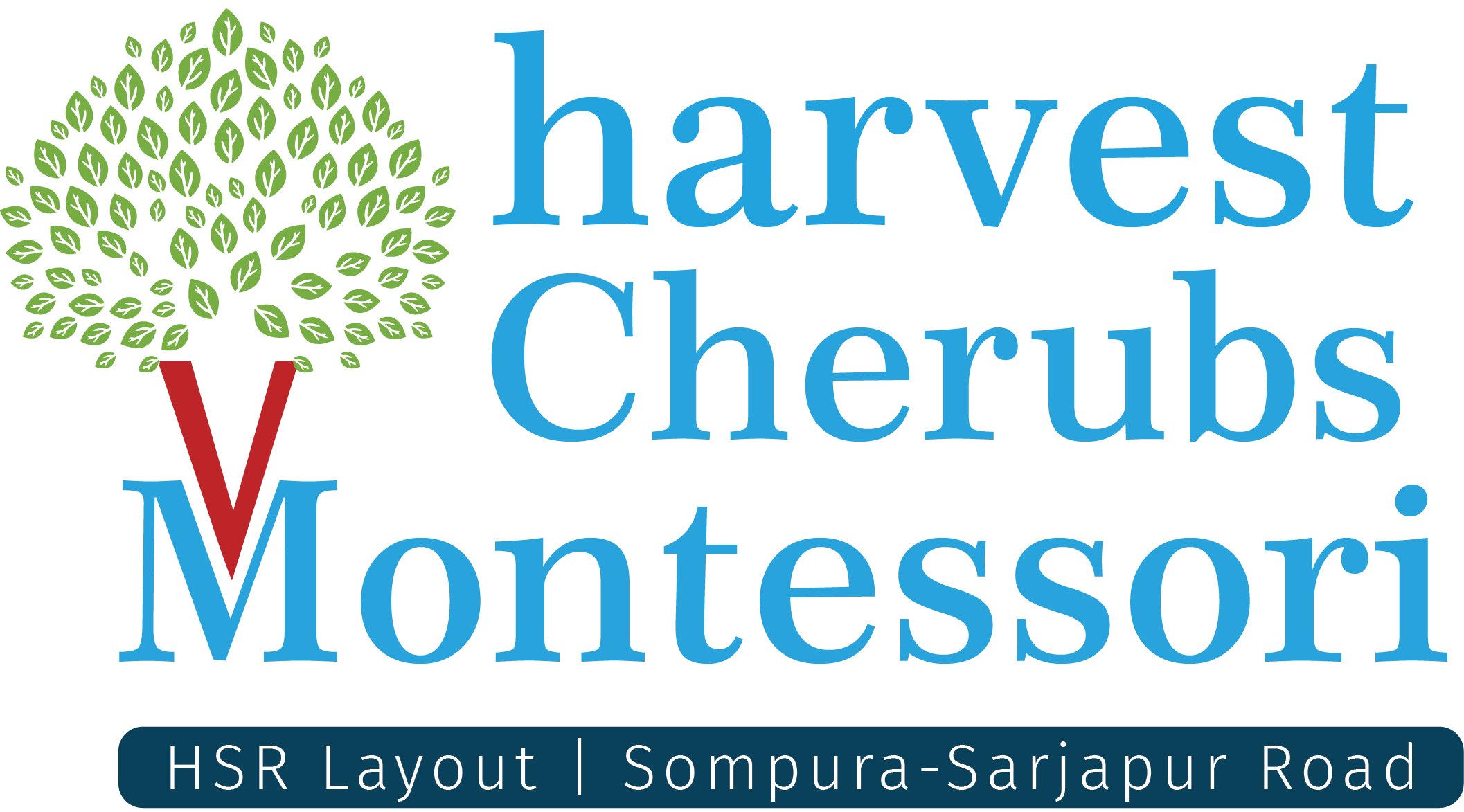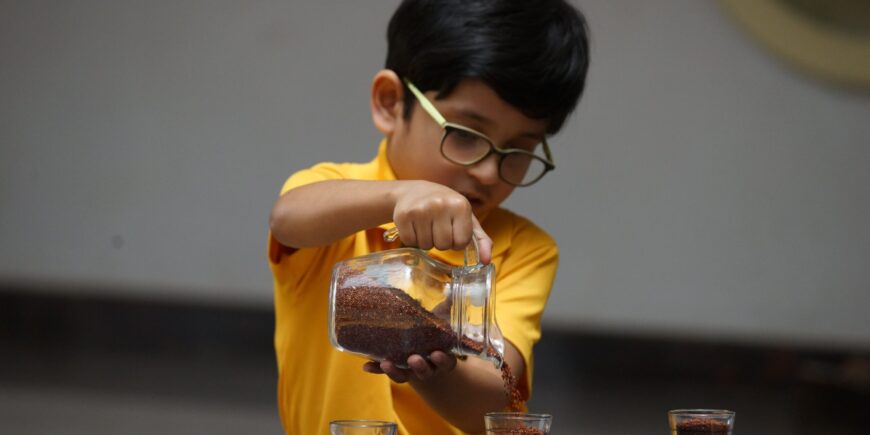Montessori education is gaining popularity for its child-centered, hands-on approach but it’s also surrounded by myths and misunderstandings. From questions about Montessori discipline to assumptions about academic rigor, these misconceptions can mislead parents. In this article, we debunk the most common myths and reveal the real benefits of the Montessori method, including its focus on holistic child development, inclusive education, and child-led learning with structure.
Now, let’s debunk the most common Montessori myths that often mislead parents.
Myth 1: Montessori is unstructured and lacks discipline
Many assume that Montessori classrooms lack structure and discipline due to the freedom children have. However, the Montessori classroom environment is intentionally designed with Montessori rules and routines that promote order, respect, and focus. Through child-led learning with boundaries, children develop responsibility and real-world skills. The core of Montessori structure and discipline lies in nurturing self-discipline in Montessori learners rather than enforcing control. This approach builds a respectful classroom culture and highlights the true benefits of the Montessori method. When comparing Montessori vs traditional discipline, it’s clear that Montessori fosters independence through trust, not punishment.
Myth 2: Montessori is only for gifted or special needs children
One of the most common myths is that Montessori is only for gifted or special needs children. In reality, Montessori is for all children, thanks to its adaptable, child-centered learning approach. The Montessori learning approach supports diverse learners in Montessori classrooms by respecting individual pace and style. With a strong focus on inclusive Montessori education and holistic child development, it nurtures emotional, social, and academic growth in every child. Unlike rigid systems, Montessori vs traditional education offers flexibility, independence, and meaningful engagement proving the lasting benefits of the Montessori method for children of all backgrounds.
Myth 3: Montessori is not academically challenging or rigorous
Many believe Montessori lacks structure, but the truth is, academic rigor in Montessori is rooted in hands-on learning and real-world understanding. With clear Montessori curriculum standards, it promotes child-led academic learning that builds critical thinking in early education. Compared to traditional systems, Montessori learning outcomes show stronger independence, focus, and curiosity proving the true benefits of the Montessori method.
Myth 4: Montessori classrooms are noisy and chaotic
A common myth about Montessori is that the classrooms are noisy, unstructured, and chaotic because of the freedom given to children. In reality, the Montessori classroom environment is intentionally designed to promote a calm learning environment, where students thrive through child-led learning, guided independence, and respectful collaboration. One of the key benefits of the Montessori method is that it fosters focus and concentration in Montessori students without enforcing silence. Through Montessori discipline and freedom within structure, children develop inner control. Compared to conventional settings, the Montessori vs traditional classroom difference is clear. Montessori offers peace, purpose, and self-motivated learning, not chaos.
Myth 5: Montessori stifles creativity and imagination
A common misconception is that Montessori education is rigid and stifles creativity, but the truth is the exact opposite. Montessori and creativity go hand in hand, with a strong focus on imagination in Montessori classrooms. Through child-led learning and thoughtfully designed Montessori classroom activities, children are encouraged to think independently and explore new ideas. This approach nurtures creative thinking in early childhood, making it one of the key benefits of the Montessori method. When comparing Montessori vs traditional learning, it becomes clear that Montessori offers a more holistic and imagination-rich foundation for young minds.
Myth 6: Montessori is too expensive and exclusive
Many parents hesitate to consider Montessori because they’ve heard it’s “only for the elite.” But here’s the truth: Montessori education is becoming more accessible and inclusive, with affordable Montessori schools available in many cities. When you compare Montessori vs traditional education cost, the long-term value of Montessori education becomes clear. It nurtures not just academics but essential life skills. With a growing focus on accessible early education, Montessori offers meaningful benefits to families from all walks of life proving that high-quality, inclusive education doesn’t have to come at a high price.
Myth 7: Montessori doesn't prepare children for traditional schools
Many parents wonder: Will my child struggle when switching from a Montessori to a traditional school? The truth is, Montessori education not only prepares children for traditional schools but often gives them an edge in independence, critical thinking, and emotional resilience. Let’s bust the myth and explore the real benefits.
Conclusion:
Montessori education isn’t about lack of structure or elitism.. it’s about nurturing every child’s potential through respect, independence, and meaningful learning. By breaking these myths, we hope parents see the true, inclusive value of the Montessori method in shaping confident, capable learners.



 Previous Post
Previous Post 
Leave Your Comment